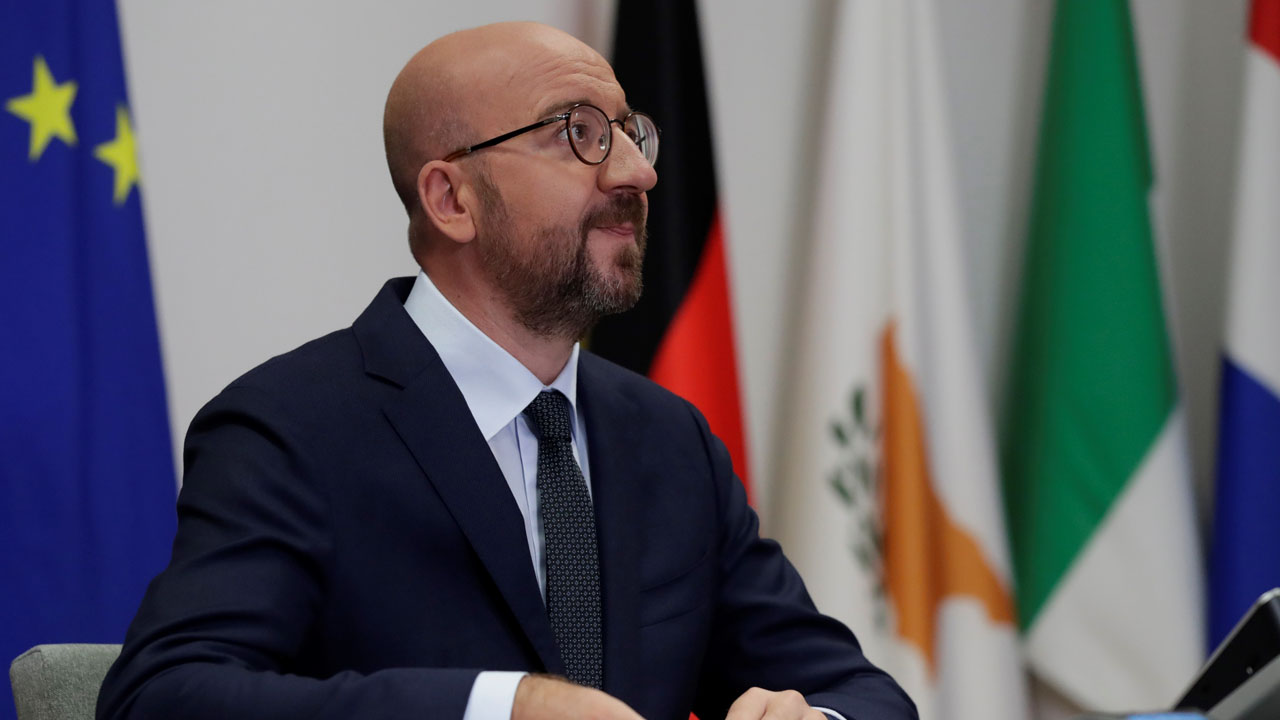
EU leaders held an emergency video summit Wednesday to discuss the crisis in Belarus, as the country’s exiled opposition chief urged them to reject President Alexander Lukashenko’s disputed re-election.
France, Germany and EU Council President Charles Michel have all urged Lukashenko’s close ally Russia to push for dialogue to end the crisis peacefully after security services brutally broke up peaceful demonstrations calling for the long-ruling strongman to quit.
The EU is already working on a new round of sanctions against Belarus, targeting those involved in allegedly fixing the August 9 vote and in the bloody repression of protests, which have shaken Lukashenko’s grip on the ex-Soviet republic as never before.
Russian President Vladimir Putin has said that his country could intervene in the crisis and this week warned against “unacceptable” foreign interference in Belarus or pressure on its leadership.
As the meeting began, Dutch Prime Minister Mark Rutte said the EU “cannot accept the result of these elections” and called for “resolute and concerted” action.
“Our message to the regime is clear: violence is unacceptable, political prisoners must be released and human rights must be respected,” he tweeted.
“Dialogue must lead to a solution that reflects the vote of the people.”
Lukashenko’s claim to victory in the election with 80 percent of the ballot sparked the largest demonstrations in Belarus since it gained independence with the 1991 collapse of the Soviet Union.
Opposition leader Svetlana Tikhanovskaya, a 37-year-old political novice who fled to neighbouring Lithuania after claiming victory in the vote, called on EU leaders “not to recognise these fraudulent elections”.
The summit is also expected to address fast-moving events in Mali, where a military coup to oust President Ibrahim Boubacar Keita was swiftly followed by a pledge from its leaders to hold elections soon.
The EU’s diplomatic chief Josep Borrell issued a statement late Tuesday condemning the coup and rejecting “all unconstitutional change”, saying it could not provide a lasting solution to Mali’s myriad economic, political and security problems.



